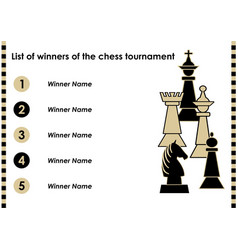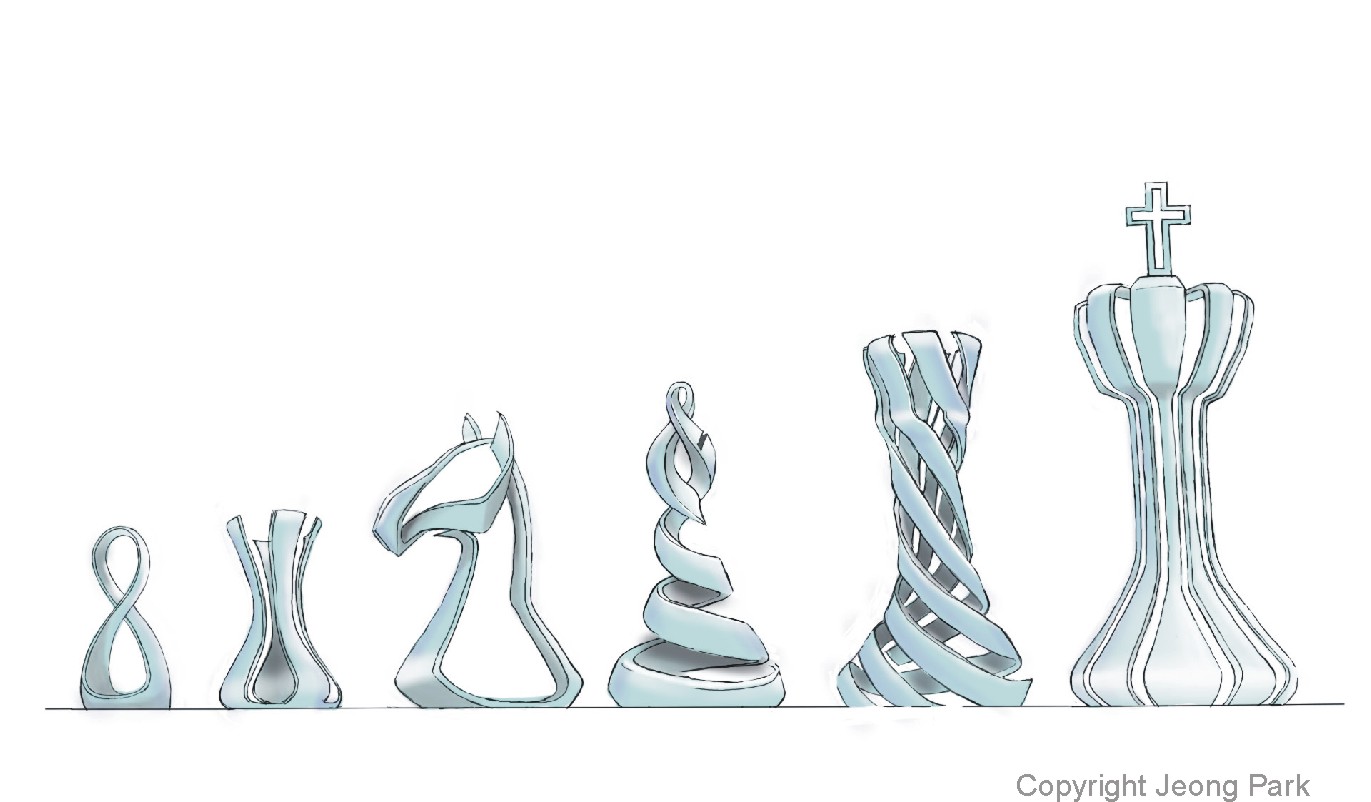
In early sets each piece might be mounted on an openwork pedestal containing several loosely revolving concentric hollow fretted balls, the number varying with the importance of the piece. In some sets the horses’ heads of the knights suggested prancing animals, with forelegs waving in the air.Ĭhina also exported chess pieces to Western countries. The pieces were mounted on thin disks until the 1780s, when short turned pedestals became usual. During the second half of the 18th century, the company’s bishops and pawns in these sets sometimes wore top hats. Rajas and viziers were represented by laden elephants, those of the rajas bearing howdahs company knights rode horses, and the Indians were mounted on dromedaries. Encyclopædia Britannica, Inc.įrom the early 18th century until the 1830s the East India Company imported lavishly carved chessmen in red and white ivory, the opposing sides being the company and Indians. The queen was a European interpretation of the raja’s vizier, and the bishop of the English set (the original elephant) appeared in other European countries in entirely different guises, such as a jester in France.Ĭhess pieces. Each chess-playing country produced its own designs and these were usually naturalistic, except where Muslim rule restricted them to symmetrical shapes that would avoid representation of man or animal, or where considerations of cost limited them to simple wood turnings. The grading of pieces by modeling them into recognizable figures developed gradually in about the 11th century. These, like the game itself, are probably derived from the "four arms" of the Indian army-i.e., chariots, elephants, horses, and infantry-although the stumpy, angular shapes of early pieces were variously misinterpreted in the game’s long journey westward. More than 500 different patterns of chess pieces have been recorded.

The six different types of pieces are: king, rook, bishop, queen, knight, and pawn. Pieces are of contrasting colours, commonly white and black. Chess pieces are distinguished by appearance and made of rigid material such as wood, ivory, or plastic. SpaceNext50 Britannica presents SpaceNext50, From the race to the Moon to space stewardship, we explore a wide range of subjects that feed our curiosity about space!Ĭhess piece, game piece used for playing chess.Learn about the major environmental problems facing our planet and what can be done about them!

Saving Earth Britannica Presents Earth’s To-Do List for the 21st Century.Britannica Beyond We’ve created a new place where questions are at the center of learning.100 Women Britannica celebrates the centennial of the Nineteenth Amendment, highlighting suffragists and history-making politicians.
:max_bytes(150000):strip_icc()/illustrated-guide-to-chess-pieces-611547_v3-777101f35fb74a6c89c5daa058954683.png)
Chess piece names how to#


 0 kommentar(er)
0 kommentar(er)
